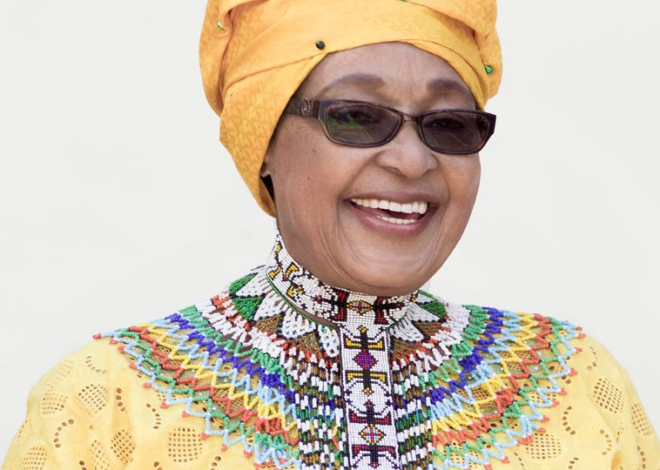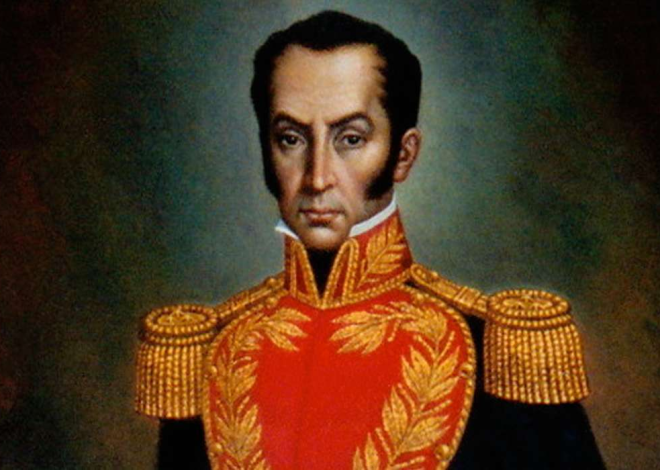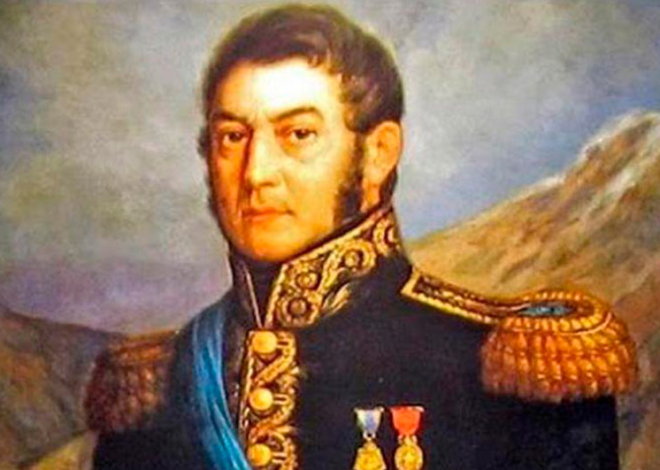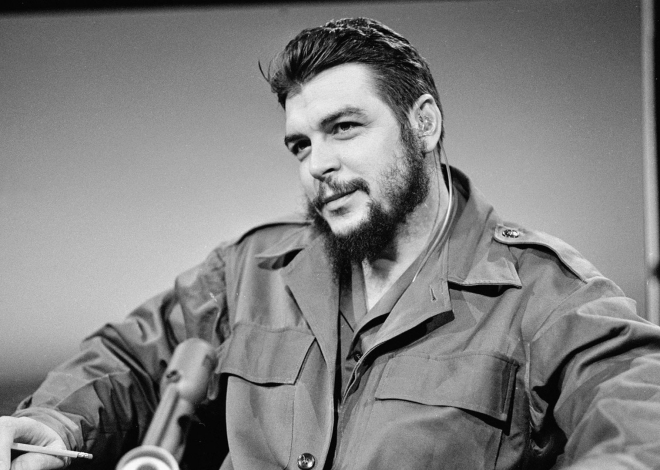
Evo Morales
Juan Evo Morales Ayma, commonly known as Evo Morales, is a Bolivian politician who served as the President of Bolivia from 2006 to 2019. He is a prominent figure in Bolivian and Latin American politics and is known for his indigenous heritage and left-wing policies.
Here is a detailed history of Evo Morales:
Early Life and Indigenous Background:
- Evo Morales was born on October 26, 1959, in Isallavi, a small village in the Department of Oruro, Bolivia. He belongs to the Aymara indigenous group, one of Bolivia’s largest indigenous populations.
- His early life was marked by poverty and a humble upbringing. He worked as a llama herder and studied at a rural school before becoming involved in trade union activities.
Trade Union Activism:
Morales became a prominent coca grower union leader in the Chapare region of Bolivia. He represented the interests of coca farmers, who primarily cultivated coca for traditional and medicinal uses but were often targeted by anti-drug policies.
Entry into Politics:
Morales entered formal politics as a member of the Movement for Socialism – Political Instrument for the Sovereignty of the Peoples (Movimiento al Socialismo – Instrumento Político por la Soberanía de los Pueblos or MAS-IPSP). He played a significant role in the party’s formation and emergence as a political force.
Presidential Campaign and Election (2005-2006):
- In the 2005 presidential election, Morales ran as the candidate for the MAS-IPSP party. His campaign focused on indigenous rights, social justice, and economic reforms.
- In December 2005, he won a historic victory, becoming the first indigenous president of Bolivia. His election marked a significant shift in Bolivian politics.
Presidential Policies (2006-2019):
- Morales’s presidency was characterized by a range of progressive policies. He nationalized key industries, including natural gas and telecommunications, to increase state control over resources and boost government revenue.
- His administration implemented social programs aimed at reducing poverty and improving access to education and healthcare. These programs were often funded by Bolivia’s natural resource wealth.
- Morales also emphasized indigenous rights and played a leading role in rewriting the Bolivian constitution in 2009 to recognize the rights of indigenous peoples.
- His government pursued land reforms to redistribute land to indigenous and peasant communities.
- Evo Morales pursued a foreign policy aligned with leftist governments in the region, including close relations with Venezuela, Cuba, and other progressive Latin American countries.
Reelection and Controversy (2009):
In 2009, Morales was reelected for a second term. However, his decision to seek reelection for a third consecutive term in 2014 sparked controversy, as it violated term limits set by the Bolivian constitution.
Resignation and Exile (2019):
- In October 2019, allegations of electoral fraud emerged following the presidential election. Evo Morales was declared the winner, but there were accusations of irregularities in the voting process.
- Amid protests and pressure from the military, Morales resigned as president on November 10, 2019, and went into exile in Mexico and later in Argentina.
Return to Bolivia (2020):
- In November 2020, Morales returned to Bolivia after a year in exile. His return marked a significant political development, and he continued to be an influential figure within the MAS-IPSP party.
- In the 2020 presidential election, Luis Arce, a close ally of Morales, was elected as president, marking a return to power for the MAS-IPSP party.
Morales remains a central figure in Bolivian politics, with a legacy defined by his commitment to indigenous rights, social reforms, and economic nationalism. His time in office represented a period of significant change in Bolivia, and his influence continues to shape the country’s political landscape.







